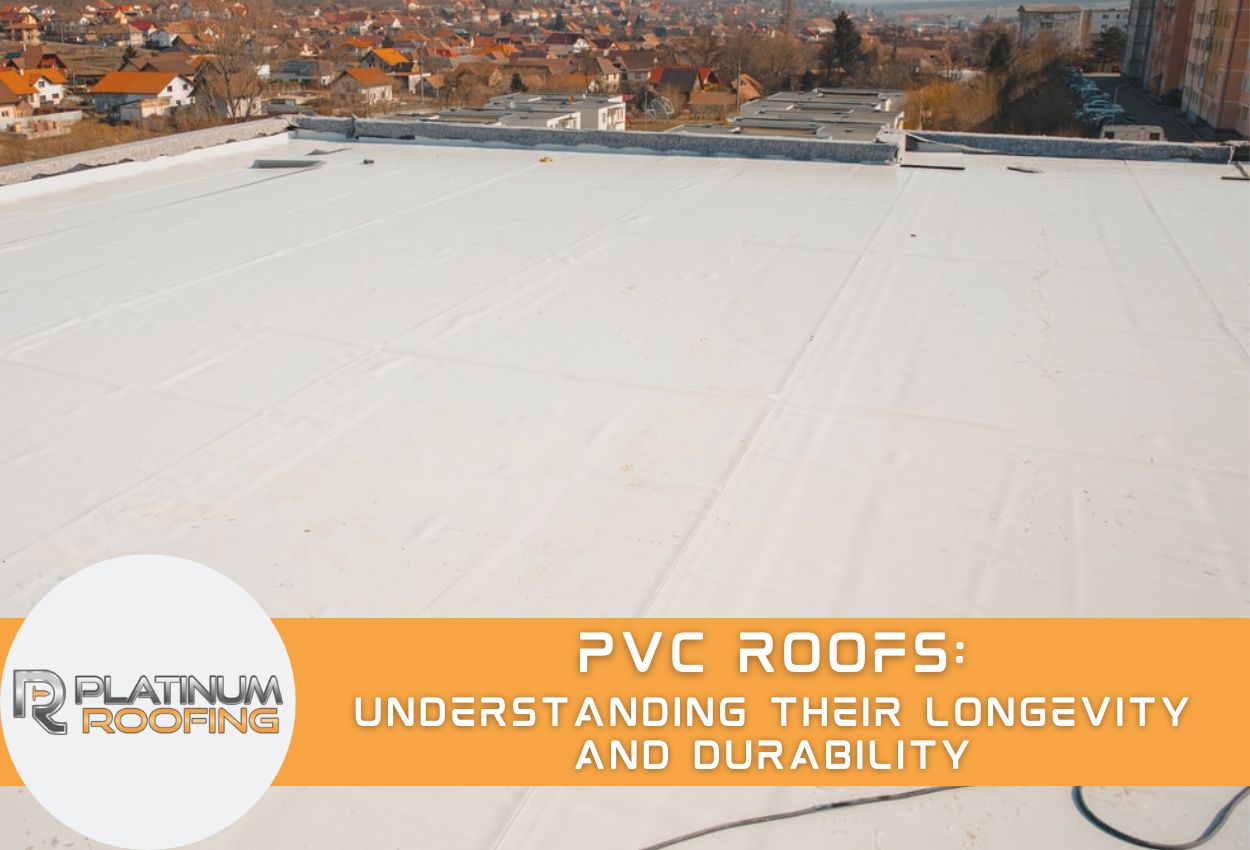
Roofing projects often arrive without warning, creating financial challenges for homeowners who face expensive repairs or complete replacements. A damaged roof needs immediate attention, yet many families struggle to cover the high upfront costs associated with quality roofing work. Traditional savings may fall short when emergency repairs become necessary or when aging roofs need a full replacement.
Multiple roof financing programs exist today, each structured to meet different financial situations and credit profiles. From traditional home improvement financing to specialized roofing loan options, homeowners can select payment structures that align with their budgets and long-term financial goals. Understanding these residential roofing payment plans enables property owners to make informed decisions about their roofing investments.
The availability of roof replacement financing has revolutionized how homeowners approach major home improvements, eliminating the barrier between necessary repairs and financial limitations while ensuring families maintain safe, weather-tight homes.
Personal Loans for Roofing Projects
Personal loans represent one of the most straightforward types of roof financing options available to homeowners seeking quick access to funds. These unsecured loans do not require collateral, making them accessible for property owners who prefer not to use their assets as security. The application process typically involves submitting financial documentation, including income verification and credit history, through online platforms or local financial institutions.
Most lenders provide approval decisions within 24 to 48 hours, with funds often available within one week of approval. This rapid timeline makes personal loans particularly valuable for emergency roof repairs that cannot wait for lengthy approval processes. Credit scores significantly influence both approval chances and interest rates, and borrowers who have good credit can typically secure more favorable terms.
The primary advantage of personal loans lies in their flexibility and speed compared to other financing programs. Borrowers receive lump sum payments that can cover entire roofing projects without restrictions on contractor selection or material choices. However, these roofing loan options often carry higher interest rates than secured financing alternatives, and repayment terms typically range from 3 to 7 years.
Using Home Equity as a Financing Solution
Home equity financing provides homeowners with tools to access substantial funds for roofing projects by leveraging their property’s accumulated value. This secured financing option typically offers lower interest rates compared to unsecured loans, making them cost-effective choices for major roof replacement financing needs. Property owners can choose between two primary equity-based approaches, each offering distinct advantages depending on project scope and financial preferences.
Home equity loans function as second mortgages, providing borrowers with lump sum payments at fixed interest rates. These roofing loan options work exceptionally well for homeowners who know their exact project costs and prefer predictable monthly payments throughout the repayment period. The fixed-rate structure protects borrowers from interest rate fluctuations while enabling precise budgeting for residential roofing payment plans.
Home equity lines of credit operate differently, establishing revolving credit limits that homeowners can access as needed. This flexibility proves valuable for complex roofing projects where costs may vary or when combining roof work with other home improvement financing needs. Borrowers only pay interest on funds actually used, possibly reducing overall financing expenses for smaller projects.
Both equity financing approaches often qualify for tax deductions when funds are used for substantial home improvements, creating additional financial benefits. These types of financing options typically feature longer repayment terms than personal loans, resulting in lower monthly payments that fit more comfortably within household budgets while accessing the capital necessary for quality roofing investments.
Contractor Payment Plans and In-House Financing
Many roofing contractors have partnered with a financing company to develop their own financing programs to help customers overcome the financial barriers associated with roof replacement and major repairs.
Financing options through these partners often feature promotional periods with reduced or deferred interest rates, making them attractive alternatives to traditional roofing loan options. Some finance companies provide 0% interest promotions for qualified customers who complete payments within specified periods, typically ranging from 6 to 18 months. These residential roofing payment plans can result in significant savings for homeowners who can satisfy the promotional terms before standard interest rates take effect.
When evaluating the financing agreements made with the contractor’s partnered finance company, homeowners should carefully examine interest rates that apply after promotional periods end, as these rates may exceed those available through other types of roof financing options. Payment terms, prepayment penalties, and default consequences require thorough review before signing agreements.
The convenience of contractor-arranged home improvement financing often outweighs slightly higher costs, particularly when promotional rates apply. These roof replacement financing solutions enable immediate project starts while offering payment flexibility that traditional cash transactions cannot provide.
Credit Cards and Alternative Payment Methods
Credit cards are a convenient type of roof financing option for homeowners managing smaller roofing projects or emergency repairs. Many financial institutions offer specialized home improvement credit cards designed specifically for renovation and repair expenses, featuring promotional interest rates and extended payment terms that traditional credit cards may not provide. These cards often include 0% introductory periods lasting 12 to 24 months, allowing homeowners to complete roofing projects without immediate interest charges.
Store-branded credit cards from major home improvement retailers frequently offer additional benefits for roofing materials and contractor services. These roofing loan options may include instant approval processes, special discounts on purchases, and flexible payment structures tailored to project-based expenses. However, borrowers must carefully review standard interest rates that apply after promotional periods expire, as these rates often exceed those found in traditional roof financing programs.
While credit cards and alternative payment methods offer immediate access to funds for roof replacement financing, they work best for smaller projects or as supplementary financing for larger renovations. Homeowners should evaluate total borrowing costs and ensure repayment capabilities before selecting these convenient but potentially expensive financing solutions.
Government Programs and Insurance Considerations
Federal and state government programs offer valuable financial assistance to qualifying homeowners who need roof improvements but lack traditional financing options. The USDA Rural Development program provides grants and low-interest loans for home repairs in eligible rural areas, including roof replacement financing for families meeting income requirements. The Department of Veterans Affairs (the VA) offers specialized home improvement financing through the Veterans Housing Rehabilitation and Modification program, supporting disabled veterans with necessary roofing modifications and repairs.
Local housing authorities frequently administer weatherization assistance programs that cover roof improvements as part of energy-efficiency upgrades. These roof financing programs prioritize low-income households and elderly homeowners, providing free or heavily subsidized roofing work that improves home safety and reduces energy costs. Community development block grants administered by municipalities also fund essential home repairs, including emergency roofing projects for qualifying residents.
Insurance settlements from storm damage create unique situations where homeowners must coordinate claim proceeds with additional roofing loan options to cover project costs. Many insurance policies include depreciation deductions that require homeowners to finance the difference between actual cash value payments and total replacement costs. Smart homeowners combine insurance settlements with residential roofing payment plans to upgrade materials or address previously existing issues during claim-related repairs.
When working with insurance companies, documenting all roofing expenses becomes critical for potential tax deductions and supplemental claim submissions. These types of roof financing options work best when coordinated with public adjusters and experienced roofing contractors who understand insurance requirements and can help maximize available benefits.
Choosing the Right Financing Option for Your Situation
Selecting the best financing solution for your situation requires an evaluation of multiple factors that can affect immediate affordability and your long-term financial health. Credit scores play a fundamental role in determining which types of roof financing options become available, as lenders use these scores to assess risk and establish interest rates. Homeowners with excellent credit typically qualify for premium rates across all roof financing programs, while those with fair or poor credit may find their choices limited to specific roofing loan options designed for alternative credit profiles.
Project timeline requirements significantly influence financing decisions, as emergency repairs need immediate funding, while planned replacements allow time for comparison shopping. Personal loans and contractor financing often provide the fastest access to funds, making them ideal for urgent situations, and home equity solutions typically involve longer approval processes but offer superior rates for non-emergency home improvement financing needs.
Before applying for any roof replacement financing, homeowners should obtain detailed written estimates from multiple licensed contractors to establish accurate project costs. Checking personal credit reports allows borrowers to identify and address potential issues before submitting applications. Gathering financial documentation, including recent pay stubs, tax returns, and bank statements, streamlines the application process across all residential roofing payment plans.
Comparing total borrowing costs rather than focusing solely on monthly payments can help you make the best financial decisions. Calculate the complete interest expense over each loan’s full term and consider any promotional rates that may expire. This approach to evaluating financing alternatives helps homeowners secure the most cost-effective solution for their specific circumstances and budget constraints.
Explore Roof Financing Options with Platinum Roofing and Their Financing Partner: Upgrade
Choosing the right roof financing option can be tough. At Platinum Roofing, we understand the importance of making roof repairs and replacements affordable and manageable, which is why we’ve partnered with Upgrade. Upgrade is a digital financing company that offers no prepayment fees, no equity of appraisal, and fast funding within days of applying. Whether you’re considering personal loans, home equity solutions, or one of Upgrades’ plans, we’re here to make sure that every penny of your borrowed money is put to use improving any issues your roof may have.
Don’t let financial concerns delay important roof repairs or improvements. Call us at (229) 561-3107 to discuss the work that needs to be done, so you know how much you’ll need to budget for. Let Platinum Roofing help you protect your home without breaking the bank.





